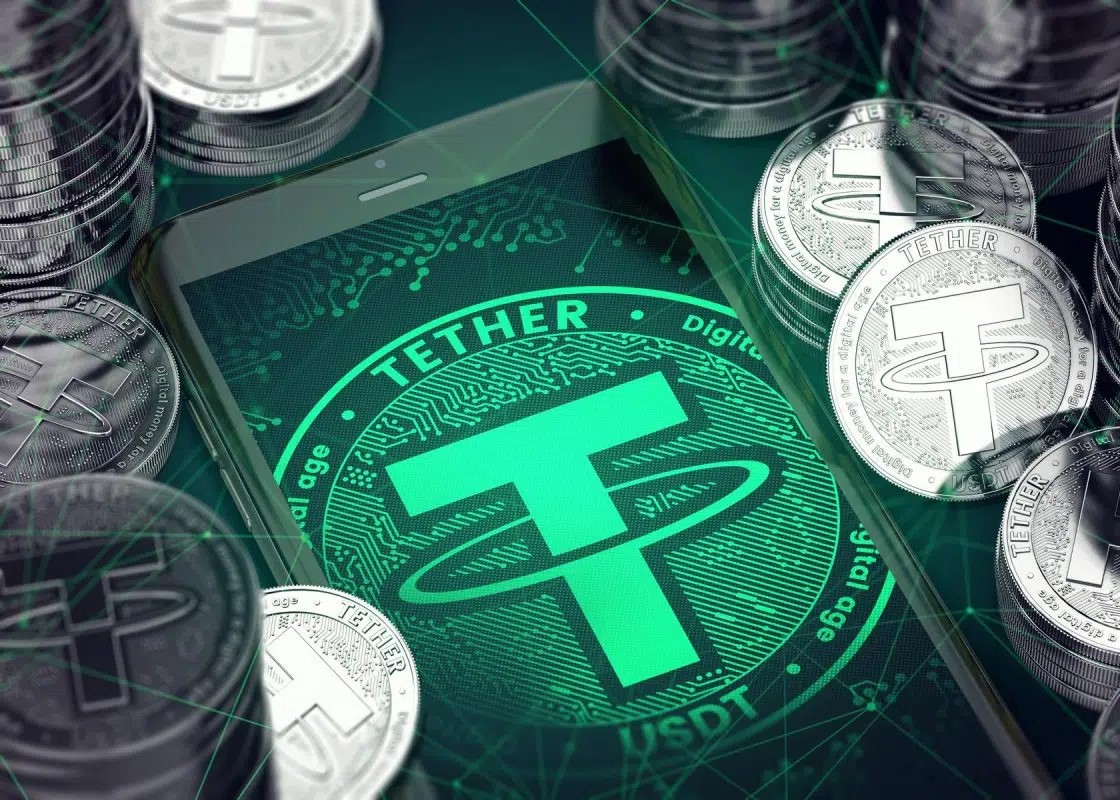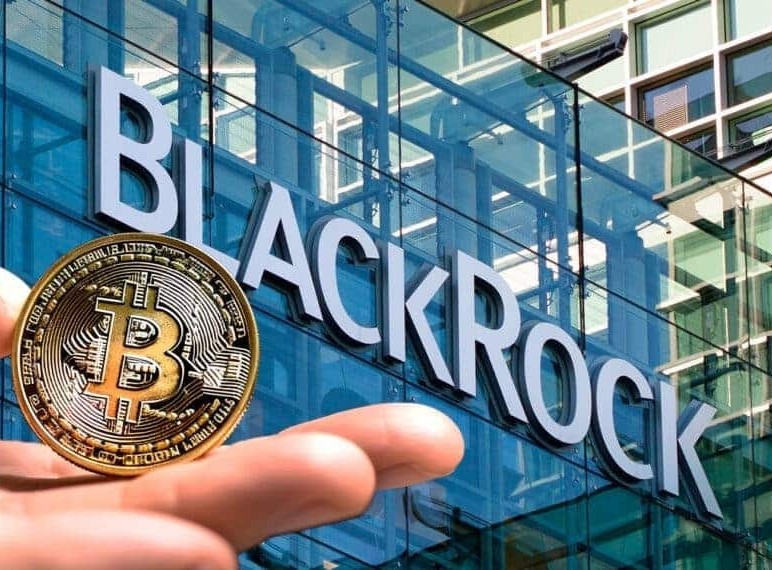Thailand is launching a $13.8 billion Digital Wallet scheme to boost its economy, focusing on low-income workers and sparking debates on sustainability.
Debates over the economic sustainability of the “Digital Wallet” system focus on low-income workers.
To boost its flagging economy, Thailand is about to implement a $13.8 billion digital cash distribution scheme that was first met with opposition. According to AP News, Prime Minister Srettha Thavisin declared that qualified companies and people could sign up for the “Digital Wallet” scheme beginning on August 1.
The idea, first unveiled in April, was to provide 50 million Thai citizens 10,000 baht (about $275), which was estimated to be worth roughly $13.8 billion. At a news conference on July 15, however, Deputy Minister of Finance Julapan Amornvivat revealed that 10% of consumers had yet to use prior freebies, dropping costs to $12.4 billion. As reported by Bloomberg, this digital currency is meant to be used over six months at local businesses.
The recipients of the handouts are adults with monthly incomes of at most 70,000 baht ($1,890) and bank account balances of no more than 500,000 baht ($13,500). According to AP News, the program will be partly funded by the state-owned Bank for Agriculture and Agricultural Cooperatives and partly by a combination of the 2024 and 2025 budgets.
The beneficiaries must use the money in their local areas; internet transactions, fuel, services, alcohol, and tobacco purchases are not allowed. According to World Bank projections, Thailand’s GDP growth is expected to increase from 1.9 percent in 2023 to 2.4 percent in 2024.
The program has drawn criticism from analysts who doubt its ability to promote sustainable economic growth despite the government’s optimism. Questions have been expressed over how the initiative will affect the national debt and the budget deficit. As reported by Bloomberg, there is doubt about the plan’s long-term viability.
Thailand, experiencing slow growth, has taken a significant step in its economic policy by introducing the Digital Wallet program.



